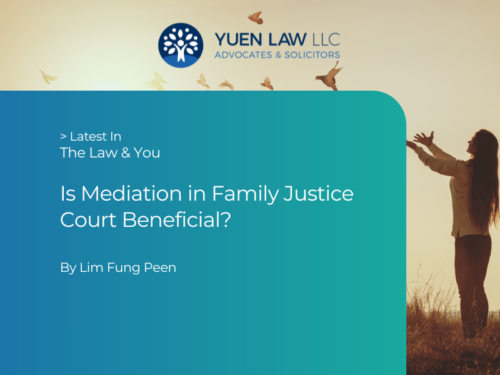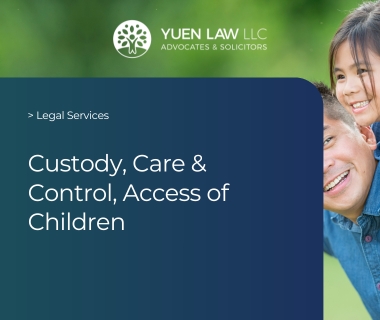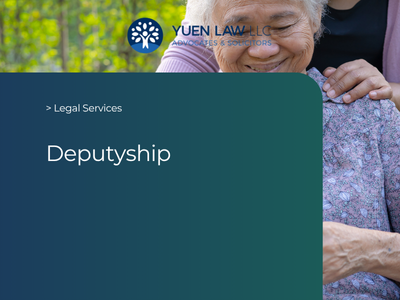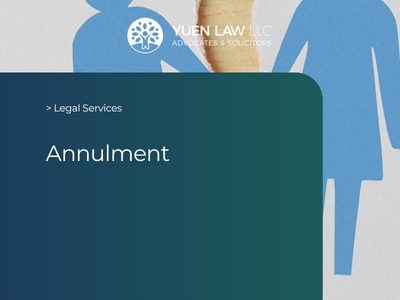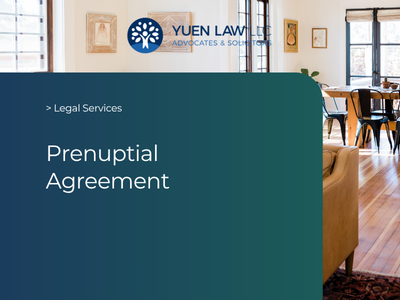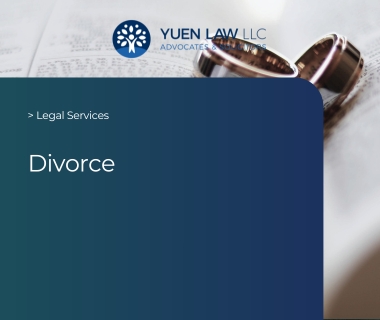Adopting a child is becoming the legal parent of that child, even though you’re not his or her biological parent. Once the adoption process is successful, the adopter parents take over all rights, obligations and responsibilities in the care and education of the child. The biological parents will no longer have any legal ties with the child.
The overriding concern of the court and the relevant government agency would be what is best for the child. Everything else is secondary. That’s why there are eligibility requirements, such as residency requirements, minimum and maximum age of the adoptive parent, maximum age gap between adopter parent and the child, and marital status. Before anything else, do determine if you fulfil the eligibility requirements to adopt.
There are many factors the courts consider in an adoption application. However, the two most salient factors are:
- Consent of the child’s biological family, and
- Ability to fulfil obligations to the adopted child
Consent of the Child’s Biological Family
The legal adoption of a child when one or both of his or her biological parents are still alive is, at the very least, not considered a normal state of affairs. Whatever the social and economic impetus that drives your decision to adopt the child, one thing that must be crystal clear is that the child’s biological parents had consented to this. In many cases, the child’s biological grandparents must also give consent. The authorities also take special care that the prospective adopter parents do not give money to the biological parents to obtain their consent. (That would amount to selling a child and is illegal)
At the risk of stating the obvious, one should only start the adoption application process if the child’s biological parents had very clearly said yes to the proposal. If the child is orphaned, one might still have to obtain consent from the larger family especially the child’s biological grandparents if they are still around.
Ability To Fulfil Obligations To The Adopted Child
This is not just the financial means to raise the adopted child. Just as important is also the extent to which one can provide love, care, support, to the adopted child just as biological parents would to their children. Every adoption case is unique, and that’s why the court depends on the Home Study Report (HSR) to decide, among other things, the prospective parents’ ability to fulfil their obligations to the adopted child.
Home Study Report (HSR) / Adoption Suitability Assessment (ASA)
An Adoption Suitability Assessment (ASA) f.k.a Home Study Report (HSR) is conducted by social services agencies appointed by the Ministry of Social & Family Development (MSF). It is an investigation of the circumstances surrounding the adoption, and also assesses the means and readiness of the proposed adopter family. It answers the questions: ‘Why is the child up for adoption?’, and ‘Is the adopter family able and ready to adopt the child?’ But before initiating a HSR, prospective adopter parents would have to attend a mandatory Pre-Adoption Briefing (PAB). Even if you obtain a ASA/HSR report favorable to your adoption case, the court ultimately decides whether your adoption is successful.
There is no one-size-fits-all templated approach to the adoption process, and every case is unique. Yuen Law’s family practice has the experience and know-how to maximise the chances of you successfully adopting the child.
Whether you choose to adopt a child through an adoption agency or through MSF, Yuen Law LLC provides assistance in matters regarding adoptions. Do contact us to make an appointment.


